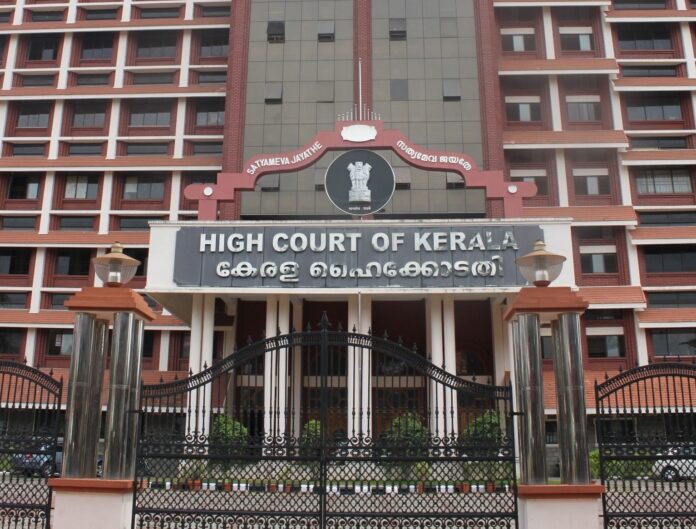The Kerala High Court acquitted a man who was accused of killing his seven-year-old daughter, ruling that a conviction cannot be based solely on medical evidence. The accused had filed an appeal against the judgment of the Additional Sessions Judge, which convicted and sentenced him under Section 302 of the Indian Penal Code (IPC).
Kerala High Court’s Observation
A Division Bench of Justice P.B. Suresh Kumar and Justice M.B. Snehalatha observed, “If Section 106 of the Indian Evidence Act has no application to the facts, the only evidence available in the case is the medical evidence, which is not substantive evidence, and there cannot be any conviction solely based on the medical evidence.” They referenced precedents from cases such as Balaji Gunthu Dhule v. State of Maharashtra (2012) and Nagendra Sah v. State of Bihar (2021).
Facts of the Case
- The victim was a seven-year-old physically challenged girl, the daughter of the accused.
- The girl suffered a serious head injury, leading to her death. The police registered a case based on a complaint lodged by the brother of the accused’s wife, who claimed the accused caused the death out of anger.
- It was alleged that in 2010, the accused murdered the victim by holding her upside down and hitting her head on the floor, causing fatal injuries. The victim succumbed to her injuries on the way to the hospital.
Sessions Court Proceedings
The Sessions Court charged the accused, who pleaded not guilty. Despite his denial, the court found him guilty based on medical evidence, concluding that the injury could not have been caused by a fall, as suggested by witnesses. The court also invoked Section 106 of the Indian Evidence Act, suggesting that the accused had a duty to explain his daughter’s death, and his failure to do so was seen as an indication of guilt. Consequently, he was sentenced to life imprisonment.
Kerala High Court’s Analysis
The High Court examined the evidence and found that the conviction was primarily based on medical evidence. The court highlighted that, according to the Supreme Court’s ruling in Selvamani v. State Rep. by the Inspector of Police (2024), the testimony of hostile witnesses should not be completely discarded and can be used selectively by the prosecution. However, the High Court found that this precedent did not apply to the present case and concluded that the accused was entitled to the benefit of the doubt.
The High Court allowed the criminal appeal, setting aside the conviction and acquitting the appellant.
Case Title: Abu @ Abdulla v. State of Kerala 2024: KER:34564


